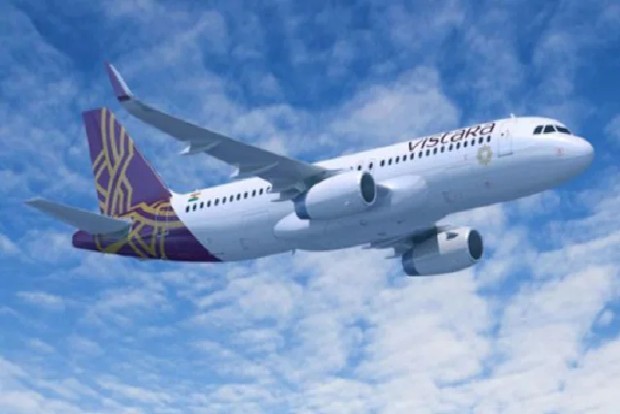Vistara, owned by Singapore Airlines and India’s Tata Group, is waiting to receive four aircraft from Boeing’s 787 production line, but deliveries have been frozen globally since May 2021 due to quality-control shortcomings.
Vistara is in talks with lessors about getting long-haul planes to cover a gap left by delays in Boeing 787 deliveries, Chief Executive Vinod Kannan said.
Vistara, owned by Singapore Airlines and India’s Tata Group, is waiting to receive four aircraft from Boeing’s 787 production line, but deliveries have been frozen globally since May 2021 due to quality-control shortcomings.
To provide substitute capacity in the short term, Vistara is talking to lessors about renting 787s, Kannan said in an interview. “There is enough availability (of airliners) in the market because there are still parts of the world where flying has not come back,” he said, adding that the company is yet to make a final decision on whether to rent aircraft.
Kannan said the market was too volatile to consider ordering new planes right now. But, in the longer run, Vistara could also consider buying Airbus A350s, he said.
Vistara has about 50 aircraft, including two 787-9s received before the delivery suspension and a mix of Airbus and Boeing narrow-body airliners. It plans to take 20 more aircraft by the end of 2023, mostly A320s to be used domestically and for nearby international destinations.
Expanding its footprint globally is a priority for Vistara, which began operations in 2015 but has not yet made a profit. India’s domestic market is dominated by low-cost carriers, such as IndiGo. International flying offers stronger pricing.
The airline’s losses narrowed last fiscal year, and Kannan said he had seen a further improvement until February, when fuel prices spiked. While demand is growing and air fares are moving higher, it will be difficult to offset higher fuel costs and the burden of a depreciating rupee, he said.
Vistara’s international operations – reaching about a dozen foreign cities, such as London, Paris and Frankfurt – comprise around 25% of its capacity. It wants to expand this to 35% over the next two years and is looking at direct flights to the United States, South Korea and Japan, Kannan said.
“A lot of the long haul depends on aircraft availability. This is the time to capitalise, especially with India opening up international travel,” he said.
Tata this year acquired Vistara’s direct competitor, Air India. Kannan said the two airlines are exploring how they can cooperate without violating competition rules. Vistara began looking at international expansion before the pandemic but paused as air travel came to a near halt in 2020. Now high fuel prices and Russia’s invasion of Ukraine are forcing it to look again at its plans.
The airline operated charter flights to such places as Hong Kong and Moscow during the pandemic. But Hong Kong is now closed to visitors and Moscow is “out of the question”, Kannan said.
“With fuel price where they are, we have to think twice in terms of whether we need to bring on those additional aircraft,” he said. “But we know that not just the US, but all these long-haul points are important.”





















